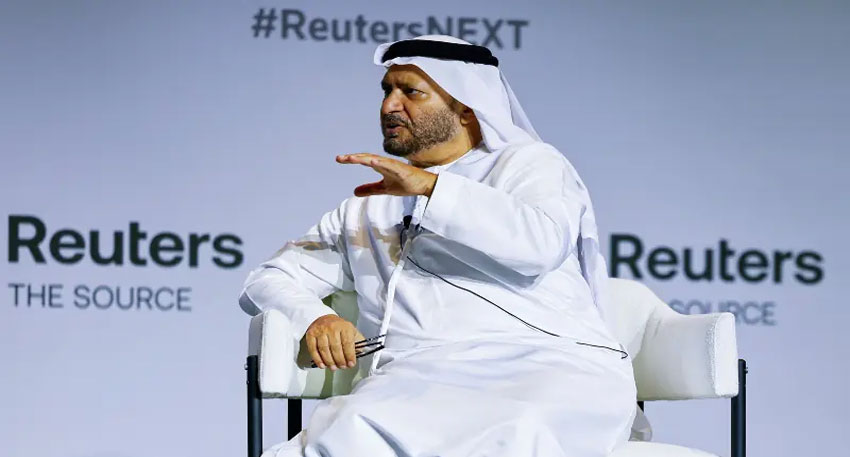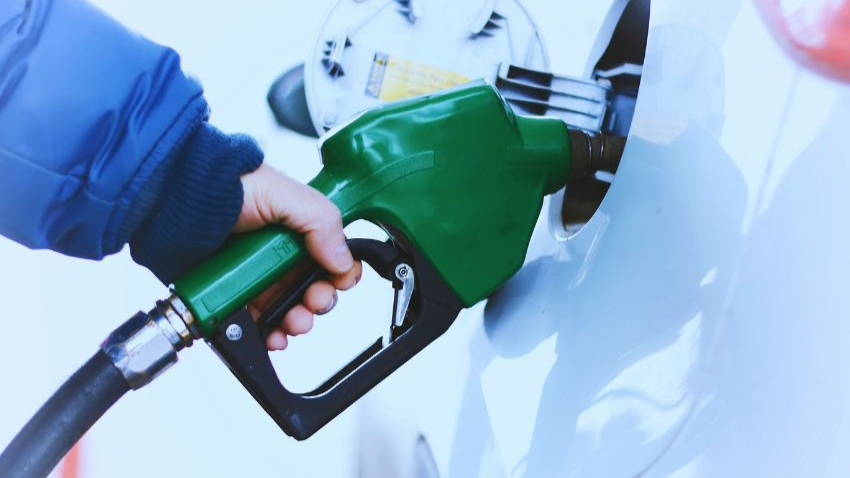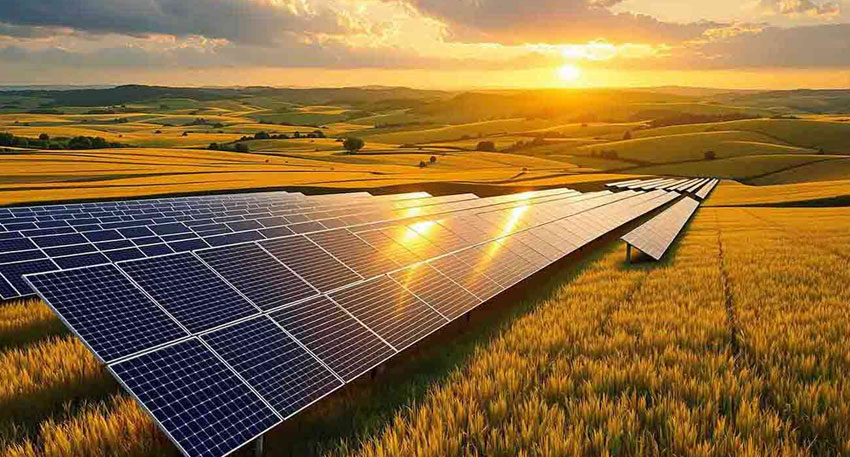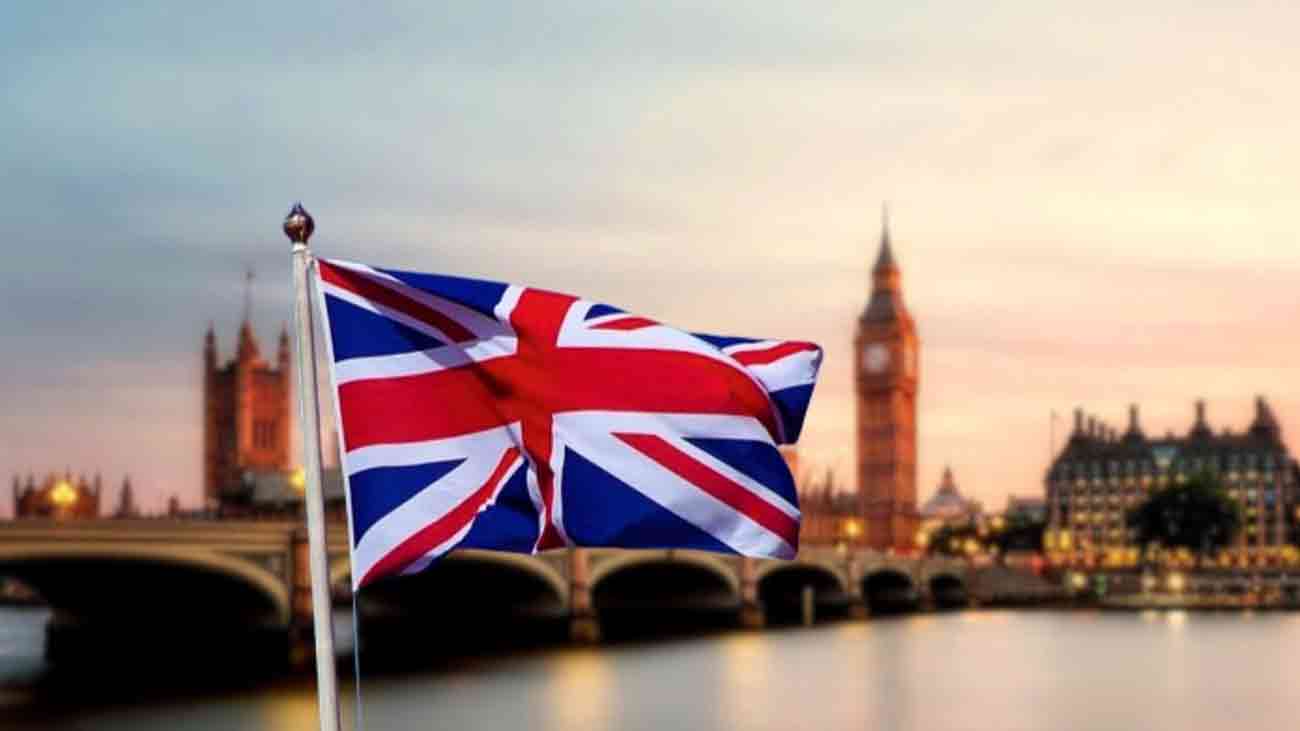
Emirati presidential adviser Anwar Gargash said at the Abu Dhabi Strategic Debate forum that “the UAE does not yet see a clear framework for the stability force, and under such circumstances will probably not participate in such a force.”
The proposed international stabilisation mission, coordinated by the United States, is expected to include participation from Egypt, Qatar, Turkiye, and possibly the UAE. However, the UAE’s cautious stance has raised doubts about the initiative’s future and its structure.
Last week, US President Donald Trump stated that he expected the force to deploy in Gaza “very soon,” as the region experiences a fragile ceasefire after two years of devastating conflict.
The UAE, one of the few Arab countries maintaining formal diplomatic relations with Israel under the 2020 Abraham Accords, has so far remained reserved about its role in post-war Gaza. Analysts believe Abu Dhabi’s hesitation reflects both political caution and uncertainty about the mission’s objectives and leadership.
Read more: Kazakhstan to join Abraham Accords to normalize relations with Israel
The UAE’s reluctance to join the Gaza stabilisation force highlights deeper regional mistrust over how peace will be managed. Without a clear plan or consensus, even wealthy Arab allies seem unwilling to take risks. The decision may also reflect the UAE’s careful balancing act between Western partnerships and its regional reputation.




